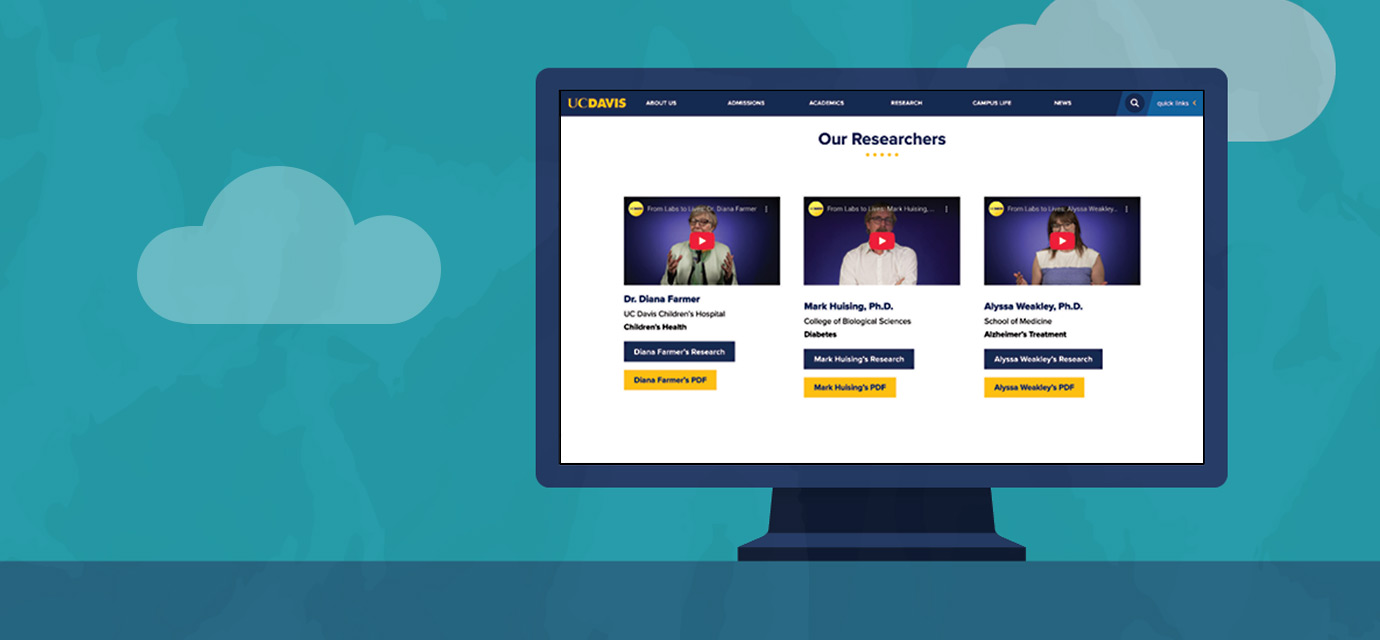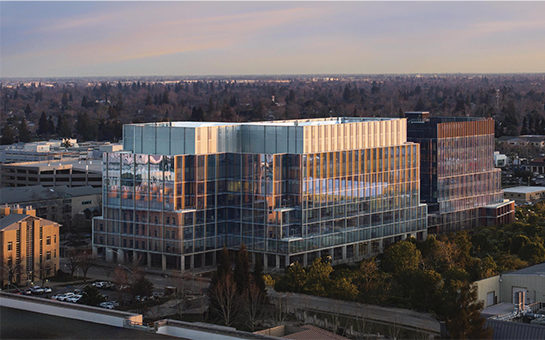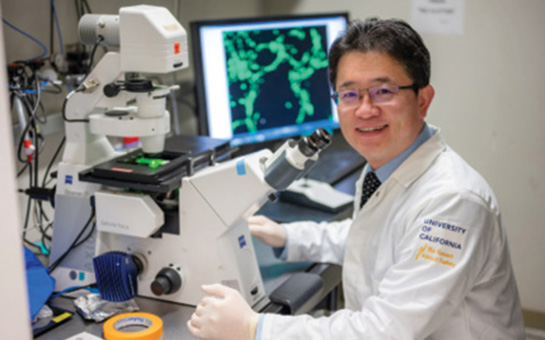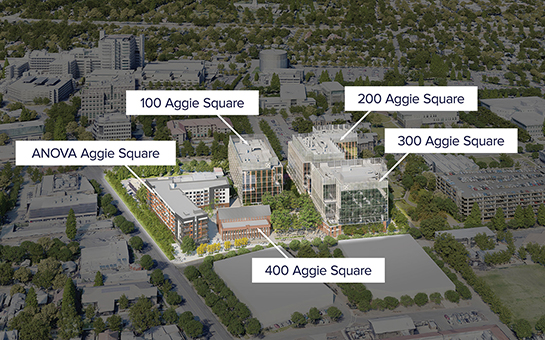UC Davis has launched a website and video series titled, “From Labs to Lives,” to highlight federally funded research, describe how it benefits the public, and share the consequences to the public if funding is reduced or eliminated.
The site features video interviews with UC Davis faculty on both the Davis and Sacramento campuses, and a downloadable one-pager or “flashcard” describing each featured researcher’s work. There are also fact sheets about the power of federal investments in medicine, science and engineering, and a research brief about each federal agency’s impact on the university.
UC Davis interdisciplinary research plays a vital role in building the region’s economy, and contributes to our nation’s global leadership in technology and innovation. Through collaboration between our top-ranked hospital and veterinary school, as well as our science and engineering discoveries, this research directly improves American lives.
For example, the National Institutes of Health (NIH) fosters discoveries and strategies to prevent disease, enhance health and reduce illness and disability. UC Davis was awarded $276 million in NIH funding in 2024. UC Davis researchers have used NIH support to:
- Invent a brain-computer interface that translates brain signals into speech, restoring communication capabilities for people who can’t speak due to paralysis.
- Develop a landmark form of surgery to treat spina bifida, a disease that can lead to lifelong cognitive, mobility, urinary and bowel disabilities.
- Create a cure for retinal vein occlusion, a common form of blindness affecting more than 1.6 million Americans, using stem-cell therapy.
- Advance stem-cell therapy that could eliminate HIV from the body, treat Huntington’s disease and address other disorders.
- Create a total-body, highly accurate, low-cost scanner to detect cancerous tumors, and develop precision, fluorescence-based surgical tools to remove tumors.
- Advance understanding of the early stages of Alzheimer’s disease, which affects nearly 7 million people in the United States, to identify effective new treatments.
- Provide vital support in 2024 for 310 UC Davis graduate students and 161 postdoctoral researchers — individuals who will carry today’s discoveries forward.
The National Science Foundation (NSF) and Department of Defense (DOD) are among other federal agencies that award UC Davis funding for health-related research.




